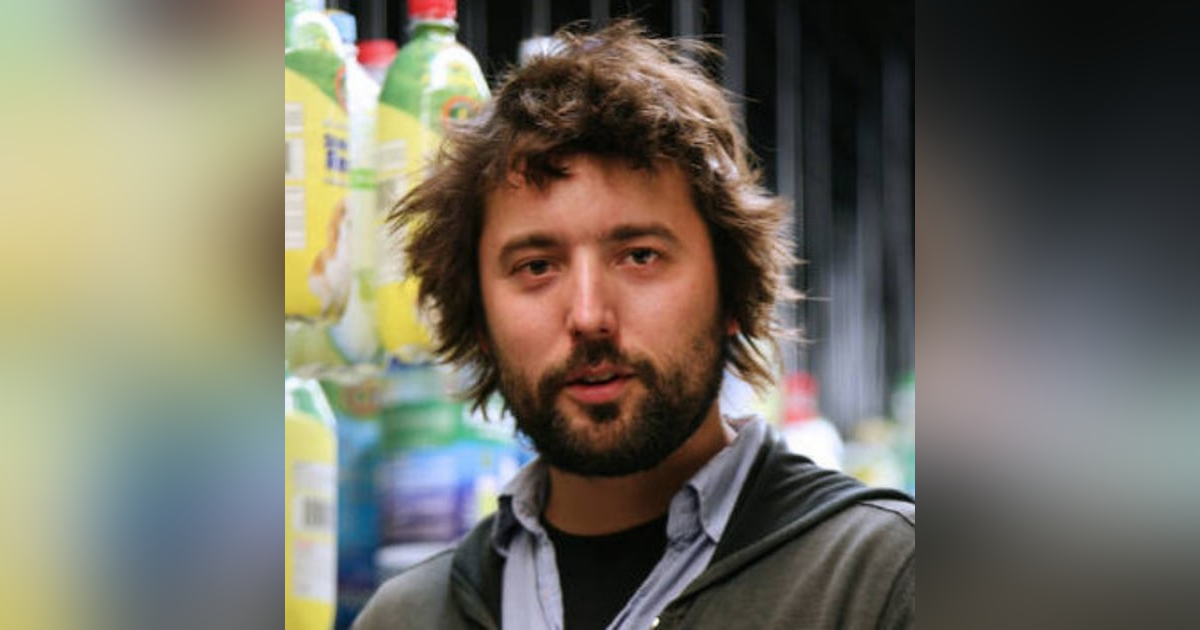157: Tom Szaky, part 1: TerraCycle's new initiative: Loop

Tom Szaky has been working on waste since his undergrad days at Princeton in 2001. Then I suddenly heard about him from many sources in the past few months.
His company, Terracycle, recycles waste others don't. The new initiative, Loop, got attention at Davos and support from many companies
whose business plans depend on producing waste, within an economic model that promotes growth. He also published a book, the Future of Packaging, coauthored by top executives from these waste and growth places. I wrote more notes from that book to prepare for this conversation than any book, including Bob Langert's, McDonald's former head of Corporate Social Responsibility (that episode is still being edited).
It never mentioned reducing consumption, twisting, as I saw it, the idea to reducing material per package. Almost no one gets the subtle but critical distinction between efficiency and total waste. Our polluted world is the result of centuries of increasing efficiency and total waste. Nearly every initiative extends that trend, missing that efficiency in a polluting system leads to more efficient pollution.
His book did talk about responsibility, the counter to our system's goal of externalizing costs. So the book missed the most important part of handling waste, reducing supply and demand, but got responsibility. I wondered if he was serious or yet another person confusing feeling like you're reducing waste while increasing it, the way the Watt steam engine did, Uber does, widening roads does, and LED bulbs look on track to.
You'll hear from this conversation that, as best I can tell, he understands the system issues and the need for systemic change. For the
rest, listen. He understands and seems to be acting for systemic change.
I hope this conversation is the first of many, not just to hear about his personal challenge, which is pretty big, at least to me. I still eat
cheese, about the amount on one pizza slice per year. Actually, it's been decreasing annually. Maybe I'll use his action as inspiration.
I'm glad he got and explained the reasons behind reduction and explained why his book didn't touch it. I've heard enough to believe he understands the most important directions and changes. I don't know enough about the details of Terracycle and Loop to tell if I think they'll work.
It's refreshing to talk to someone who understands the key issues.
Hosted on Acast. See acast.com/privacy for more information.







